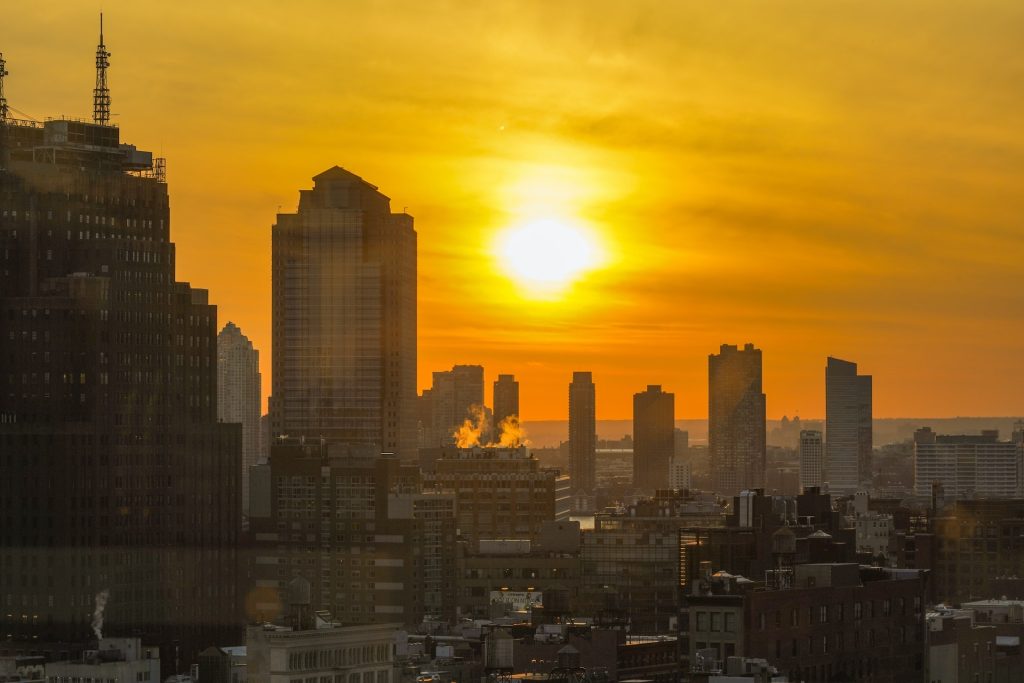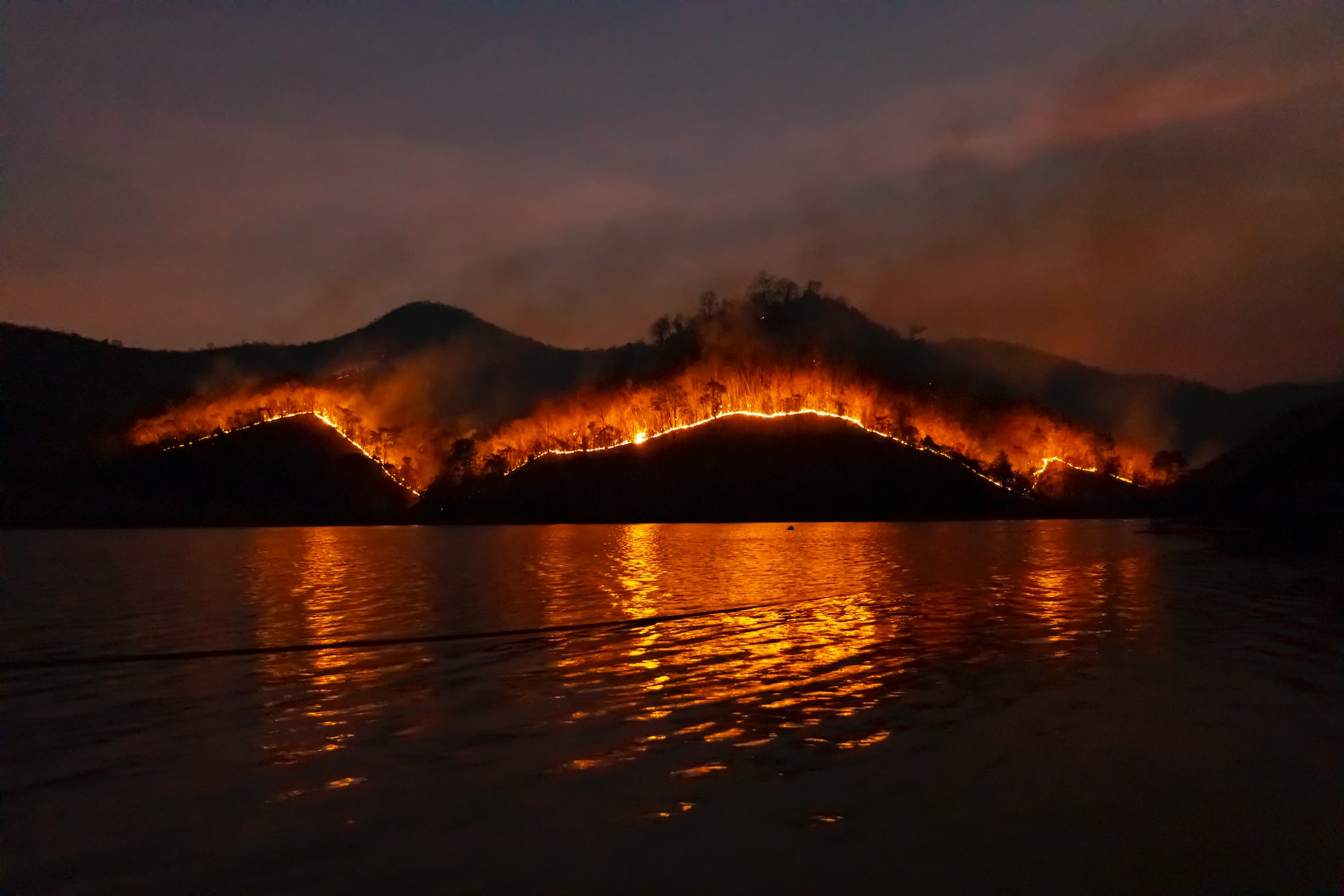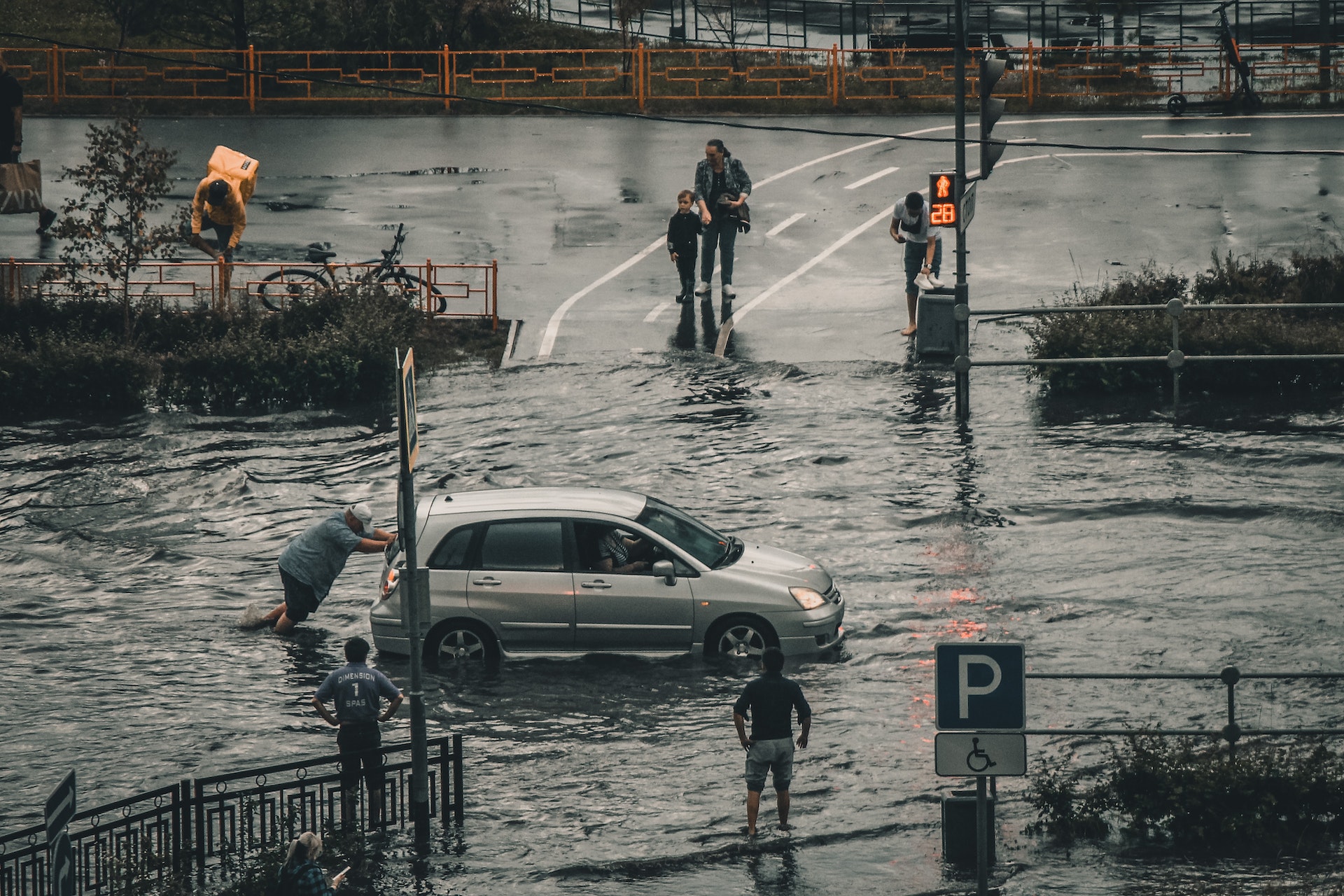
Facing the Heat: Unprecedented Summer as a Glimpse into Our Climate Future
As summer makes its gradual retreat, giving way to the cool embrace of autumn, meteorologists, climate scientists, and citizens alike are left grappling with the undeniable realities faced during the hottest summer ever recorded. Extreme weather events, once viewed as outliers, are becoming disturbingly frequent, painting a harrowing picture of the world’s shifting climate patterns.
A Season of Extremes
From coast to coast and across continents, the summer of 2023 served as a relentless reminder of nature’s wrath. The skies above Canada were clouded by the smoke of roaring wildfires, while Vermont’s streets were submerged under torrential downpours. As the Atlantic hurricane season started unusually early, residents on the Pacific watched in horror as a historic Hawaiian town was engulfed by wildfire flames.

Data from the European Union’s Copernicus Climate Change Service reveals the staggering magnitude of this year’s summer heat, with temperatures surpassing records and setting a new benchmark. This heat, as Climate Central’s analysis suggests, was not an isolated event but rather an alarming consequence of climate change, impacting nearly half of the global population.
Dissecting the Climate Enigma
Attributing specific extreme events directly to climate change remains a complex puzzle. While there’s a consensus that human-induced climate change amplifies extreme weather patterns, the extent of its influence varies.
Physicist Friederike Otto, during a press briefing, shed light on the troubling trends, emphasizing the tangible impact of climate change on events like the Canadian wildfires. Yet, the myriad of elements at play in the climate system makes exact quantifications a challenging task.

Dr. Michael Mann, from the Penn Center of Science, echoed these sentiments, cautioning against focusing too narrowly on specific events. Instead, he stressed the importance of understanding the broader impacts of climate change on overarching weather systems. The ripple effects of a single heatwave can trigger a domino effect of catastrophes, from prolonged droughts to devastating floods.
Rethinking “Normal”
Stephen MacAvoy, from the Department of Environmental Science at American University, challenges the idea of adapting to a “new normal.” With the rapid and unpredictable shifts in climate patterns, can anything truly be labeled as “normal” anymore?
This notion is further emphasized by Mann’s reluctance to settle for terms that suggest stability. The climate is in flux, and as the mercury continues to rise, so does the frequency and intensity of extreme weather events.
Looking Ahead
The events of summer 2023 serve as both a wake-up call and a call to action. The extreme weather witnessed isn’t merely a temporary deviation but a peek into a future where such extremes may become commonplace. As the planet continues to warm, the challenges posed by changing climate patterns will intensify.
However, amidst the alarming data and dire predictions, there lies an opportunity—an opportunity to rethink, reform, and reshape our approach towards the environment. Proactive measures, international cooperation, and sustainable practices can help mitigate the impacts of climate change.
The burning question remains: Will humanity rise to the challenge, or will we continue down a path of inaction, waiting for the next summer’s wrath? Only time, and our collective actions, will tell.
©eco-guardians.org